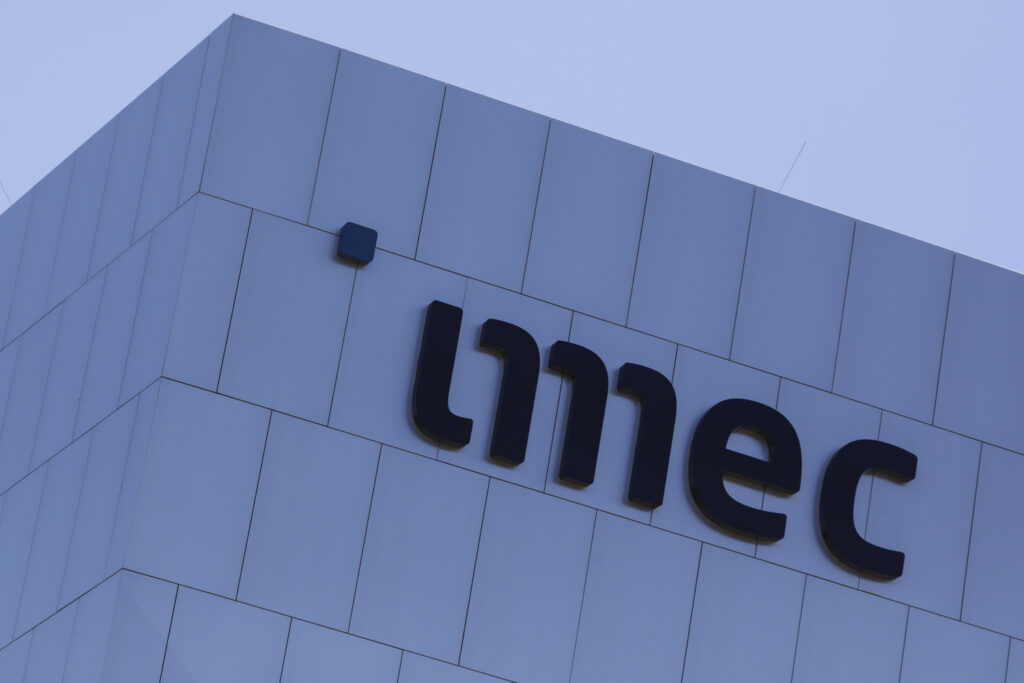A new prototype battery developed by Belgian research centre Imec boasts significantly higher energy density than current-generation batteries, potentially allowing electric vehicles to travel more than 50% further on the same battery volume, according to lab results reported by Imec on Thursday.
Current electric vehicles use lithium-ion batteries. While their range has improved markedly in recent years, the demand for greater range and faster charging times continues to grow. It is also crucial to keep the batteries affordable.
The range of a vehicle is determined by the energy the battery can provide. In simple terms, the more energy (kWh) a battery can hold, the greater the range it can offer, assuming the battery volume remains the same. However, lithium-ion batteries have reached their density limits, prompting scientists to seek new technologies to increase energy density.
Imec, in collaboration with 13 European partners, has made a promising breakthrough. As part of its Solidify project, they developed a prototype solid-state battery using lithium metal with an impressive energy density of 1,070Wh per litre, compared to the current average of 600 to 700Wh per litre for lithium-ion batteries. This could more than double the range of an electric vehicle.
Solid-state batteries offer additional benefits: they are less flammable, enhance safety, allow faster charging, and have a longer lifespan. The production process for solid-state batteries can also be adapted to current lithium-ion production lines and is expected to cost less than €150 per kWh.
The battery cell was produced at the EnergyVille campus in Genk. The project is currently in the scaling-up phase.

